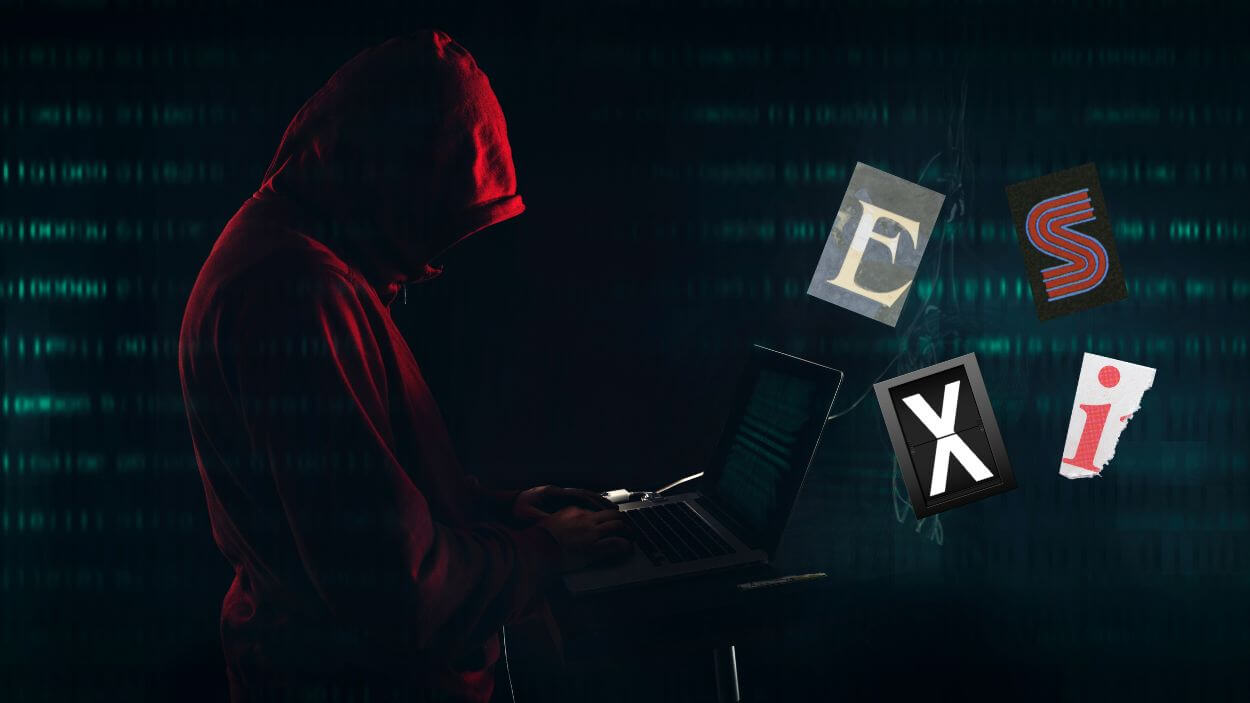Contents:
IxMetro Powerhost, a Chilean data center and hosting provider, has become the latest target of a cyberattack by a newly identified ransomware group dubbed SEXi.
This malicious group successfully encrypted the company’s VMware ESXi servers, which host virtual private servers for their clients, as well as the backups, putting a significant portion of hosted websites and services out of commission.
How is PowerHost responding to the attack?
Following the attack, PowerHost, which operates across the USA, South America, and Europe, has been striving to mitigate the impact on its customers.
Despite efforts to restore the compromised data from backups, the company faces challenges due to the encryption of these backups as well.
In an effort to address customer concerns, PowerHost has extended an offer to impacted VPS customers, proposing to set up new VPS systems for those who still possess their website content, enabling them to resume online operations.
The ransom demand and negotiations
Negotiations with the perpetrators revealed a ransom demand of two bitcoins per victim, totaling an astronomical sum of $140 million.
PowerHost’s CEO, Ricardo Rubem, shared insights into the negotiations and the advice received from security agencies, emphasizing the high risk and low success rate of giving in to ransom demands.
From the very beginning of the issue, we have been in contact and collaborating with various security agencies in various countries to determine if they were aware of this ransomware.
All the information we’ve gathered indicates that these are new variants with a very high level of damage. Personally, I negotiated with the hijacker, who demanded an exorbitant amount of bitcoins per customer: 2 BTC for each, which added up to around 140 million.
However, even if we could muster the required amount, would it really help us? The unanimous recommendation of all law enforcement agencies is not to negotiate, as in more than 90% of cases, criminals simply disappear after payment.
PowerHost CEO Ricardo Rubem (source)
SEXi ransomware
PowerHost was attacked by a new type of ransomware, according to CronUp cybersecurity expert Germán Fernández.
This ransomware encrypts files and leaves behind a ransom note titled SEXi.txt.
So far, this ransomware has only attacked VMware ESXi servers. Its name, “SEXi,” is a clever play on the word “ESXi.”
What do the experts say?
Germán Fernández discovered that the ransomware encrypted virtual machine files and marked them with a unique SEXi extension, as evidenced by the content of the ransom notes.
These notes instruct victims to download the Session messaging app for communication and include a specific contact address for negotiations.

Ransomware note (source)
BleepingComputer has some insights from SANS instructor Will Thomas about new ransomware variants named SOCOTRA, FORMOSA, and LIMPOPO, active since February 2024.
These variants, which add unique extensions like .LIMPOPO to files, don’t seem to relate directly to their namesakes. But interestingly, these campaigns, including the SEXi ransomware, share a common Session contact ID in their ransom notes, suggesting a uniform approach to victim communication.
The LIMPOPO variant, in particular, is believed to be developed from the leaked Babuk ransomware source code, known for targeting ESXi servers.
Currently, there’s no sign of Windows-targeted encryptors in these campaigns, nor clear evidence of double extortion tactics being used, though the situation could change as these are new operations.
Additional Resources
How to Mitigate Ransomware
How to Prevent Ransomware










 Network Security
Network Security
 Vulnerability Management
Vulnerability Management
 Privileged Access Management
Privileged Access Management  Endpoint Security
Endpoint Security
 Threat Hunting
Threat Hunting
 Unified Endpoint Management
Unified Endpoint Management
 Email & Collaboration Security
Email & Collaboration Security









